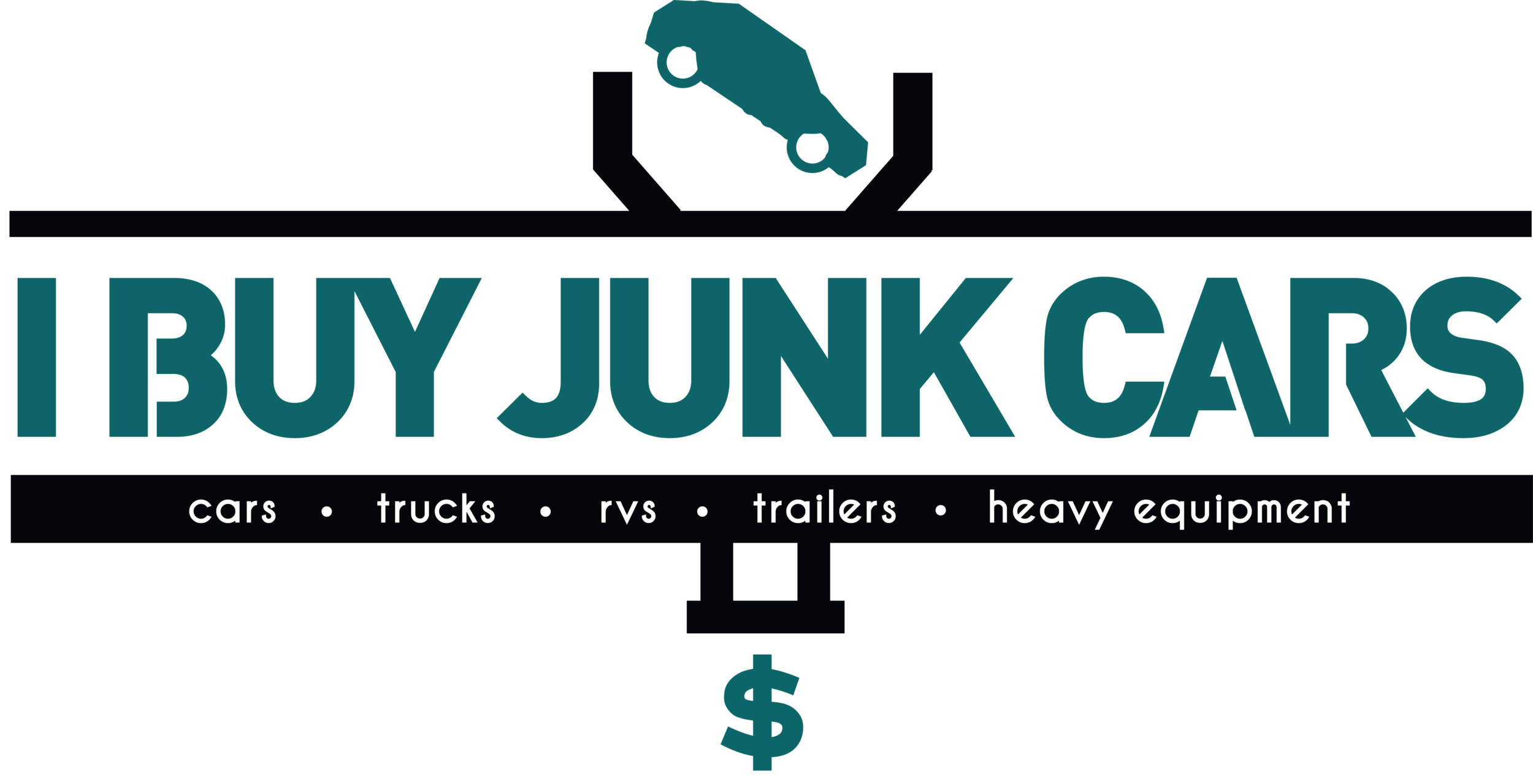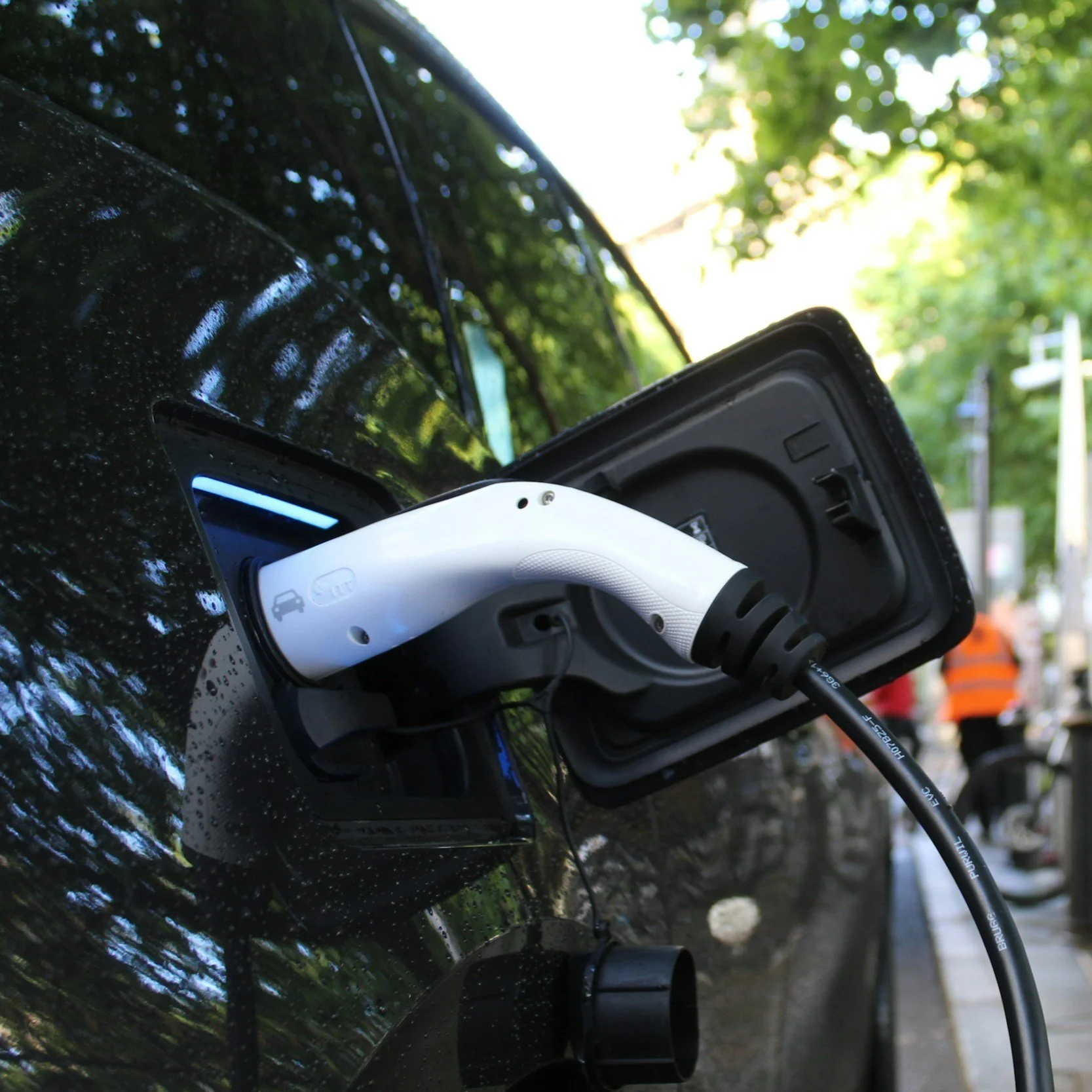The Junk Car Industry Continues to Move Toward a Greener Future
A junk car buyer does more than remove unwanted vehicles—they help turn old cars into valuable resources while keeping the planet in mind.
The junk car industry is crucial in keeping waste out of landfills and reducing environmental harm. What once seemed like an end-of-the-road problem now serves as an opportunity to recycle, repurpose, and reuse materials that might otherwise contribute to pollution. A junk car buyer does more than remove unwanted vehicles—they help turn old cars into valuable resources while keeping the planet in mind. As environmental awareness increases, the industry evolves, adopting sustainable practices that align with broader ecological goals.
Recycling Materials Keeps Waste Out Of Landfills
Old cars may no longer serve their original purpose, but that doesn't mean they belong in a junkyard forever. Most vehicles comprise many recyclable materials, from metals to plastics to fluids. Components such as steel, aluminum, copper, and other valuable metals comprise a significant percentage of a car's structure and internal systems.
When a junk car is sold, these materials are removed, processed, and reintroduced into the manufacturing cycle. Recycling automotive metals helps reduce the need for new mining operations, which are often energy-intensive and environmentally damaging. Every ton of steel recycled saves substantial amounts of coal, iron ore, and limestone while lowering greenhouse gas emissions. This closed-loop recycling process supports environmental conservation and conserves valuable natural resources.
Reducing The Environmental Impact Of Old Vehicles
Abandoned or deteriorating cars pose serious environmental risks. When exposed to the elements, these vehicles leak fluids such as oil, coolant, gasoline, and brake fluid. These substances can bleed into the ground, contaminating soil and water sources. Left unchecked, they contribute to the degradation of ecosystems and threaten public health.
Professional junk car buyers are trained to handle these hazards properly. Before a vehicle is scrapped, all fluids are carefully drained and disposed of in conformity with environmental regulations. Hazardous materials are removed with care to prevent spills or leaks. This step is critical in minimizing the environmental impact of junk cars and maintaining safe, clean surroundings for communities and natural habitats.
Repurposing Auto Parts Extends Their Lifespan
Not every part of a junk car has reached the end of its usefulness. Many components can be salvaged and reused, significantly extending their life cycle and lowering the demand for new parts. Items such as engines, transmissions, alternators, radiators, and batteries are often in good working condition and can be refurbished or resold.
Reusing these parts benefits both the environment and the economy. It reduces the energy and raw materials needed to manufacture new components and provides a cost-effective solution for consumers needing affordable vehicle repairs. The junk car industry contributes to a circular economy that values longevity, efficiency, and resourcefulness by repurposing usable auto parts.
Car Crushing And Shredding Leads To Smarter Recycling
Once all reusable components and hazardous materials have been removed, the vehicle's remaining metal framework is processed through crushing and shredding. Car crushing compacts the body for easier transport and handling, while shredding breaks the vehicle into smaller pieces for detailed sorting.
This step facilitates the efficient extraction of different metals, such as steel, aluminum, and copper. Modern shredding technology uses magnets, air flows, and density-based separation systems to isolate specific materials, which are then melted down and reused in various manufacturing applications. Smarter recycling methods help minimize waste and verify that every recoverable piece of the vehicle is put to good use.
Hybrid And Electric Vehicle Recycling Is Gaining Momentum
As hybrid and electric vehicles become more common, the junk car industry is adapting to meet these vehicles' unique recycling challenges. Electric car batteries, in particular, require specialized handling because of their chemical composition and possible hazards. Lithium-ion batteries contain valuable materials like lithium, nickel, and cobalt, which can be removed and reused when properly processed.
Junk car buyers now collaborate with specialized facilities to dismantle and recycle these batteries safely and efficiently. As electric vehicles age and enter the recycling stream, advancements in battery recycling technology will play an increasingly fundamental role in minimizing environmental impact and recovering critical raw materials.
Selling A Junk Car Supports The Green Economy
A car sitting idle in a driveway or garage serves no productive purpose, but selling it to a junk car buyer contributes to a sustainable and economically beneficial cycle. The junk car industry reduces environmental strain by recycling metals, repurposing parts, and properly disposing of hazardous waste while stimulating green business practices.
Each vehicle processed for scrap is part of a system that values sustainability and efficiency. Selling a junk car removes an unwanted item from a property and helps reduce manufacturing demand, conserve resources, and support local recycling businesses. Consumers who participate in this system contribute to a more responsible and forward-thinking economy.
A Future Focused On Sustainability
The junk car industry continues to evolve, finding new ways to make recycling and disposal more efficient and environmentally friendly. From the early stages of fluid removal and parts recovery to advanced shredding and metal separation techniques, each step in the junk car lifecycle is being refined to support sustainability.
Innovations in electric vehicle recycling, improved sorting technologies, and increased consumer awareness all point to a future where end-of-life vehicles are seen not as waste but as resources. Junk car buyers play an essential role in this transition by facilitating the flow of materials back into circulation and guaranteeing that environmental standards are upheld.
Instead of letting an old car sit unused and deteriorating, selling it for scrap again turns it into something valuable. The process supports a cleaner, more sustainable world by reducing pollution, conserving resources, and keeping valuable materials in use. As the industry continues to move toward greener practices, selling a junk car becomes a meaningful step toward a healthier planet.
If you are in the Phoenix Metro area and want a no-hassle cash offer on an old, wrecked, unwanted, salvage or burned car, SUV, van or truck, give us a call at I Buy Junk Cars.

